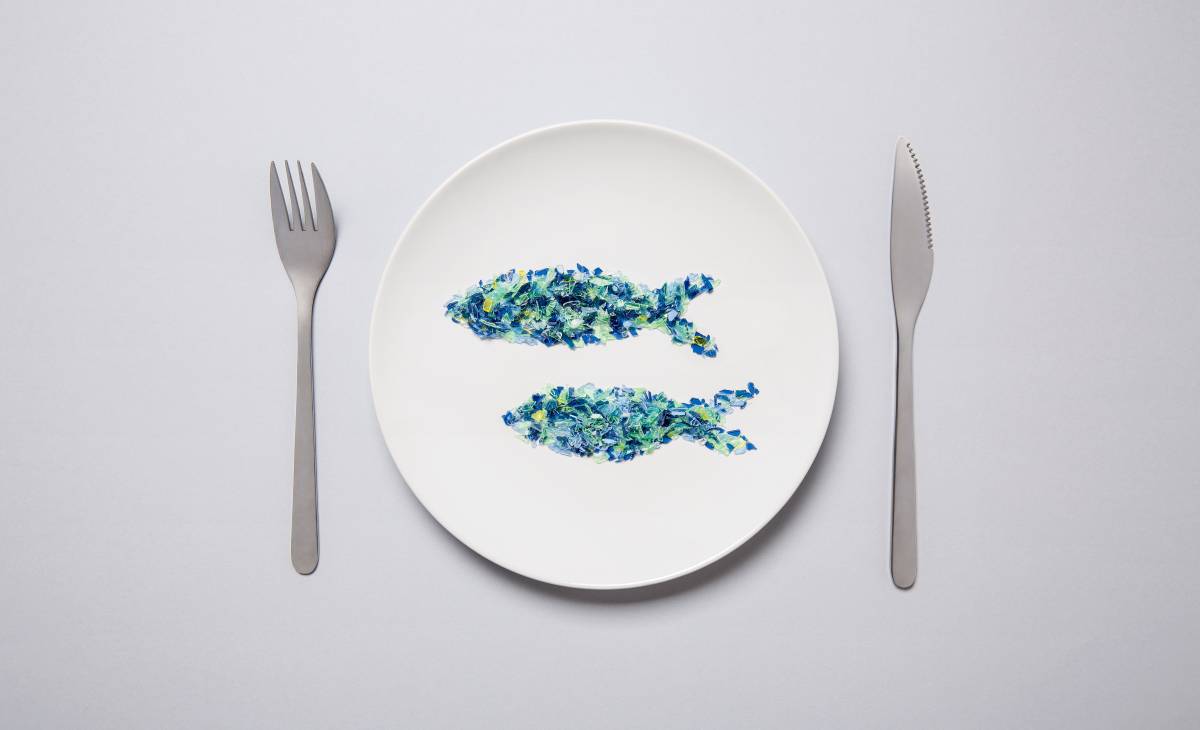Microplastics have been discovered in 83% of Bangladeshi fish
In Bangladesh, fish guts were found to be full of plastic. This represents a serious issue considering that fish is a basis of the Bengali diet. It was reported by the Department of Environmental Sciences at Jahangirnagar University in Bangladesh that microplastics were found in the majority of fish sold for human consumption at local markets. More specifically, microplastics were found in 15 species of native fish caught by local fishermen off the coast. The researchers tested 48 fish from 18 different species, finding that 83 percent of them were polluted with microplastics. The fish examined were purchased from two food markets near Dhaka, Savar and Ashulia, and were purportedly caught in the country's freshwaters - rivers, canals, and ponds.
Moreover, the data revealed that fish living in deeper waters have a higher concentration of microplastics than those residing in shallower waters. Because of their bulk, plastic particles tend to collect on the seafloor, where they are frequently mistaken for plankton by fish and swallowed. For these reasons, not only large fish, but also smaller ones, become infested with microplastics. Furthermore, fish that consume microplastics exhibit evident signs of chemical poisoning (bisphenol-A, phthalate, phthalate ester, and polyvinyl chloride), which can lead to death. By eating these fish, people in Bengali villages come into touch with microplastics, which can have significant health implications, such as the beginning of cancer and other illnesses.
Source:
https://www.researchgate.net/publication/353737712_MICROPLASTIC_IN_FISH_news_in_National_news_paper






















